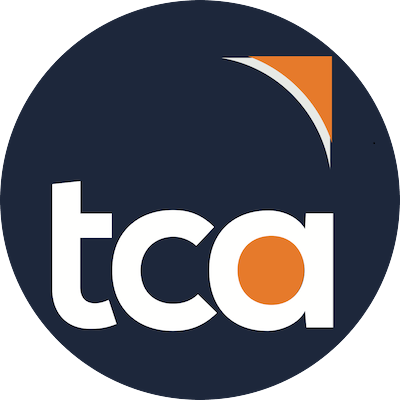One of the more difficult things to do is take something away from someone – even if they have no idea why they wanted it in the first place.
Psychologists and behavioral economists call this “the endowment effect,” meaning that people are much more likely to desire to retain an object they own rather than acquire that same object if they don’t own it.
For example, let’s say Anna and Meg are two students at the same school. By random lottery it’s determined that Anna will be given a new coffee mug that she gets to keep. Anna then writes down the least amount of money she would have to be paid to be willing to sell the mug. Meg is then given the chance to write down how much she’d be willing to pay to purchase the mug. Conventional wisdom would predict that Anna wouldn’t value the mug all that much – since she has only just received it randomly. Yet, researchers found that, on average, Anna would want much more for the mug than Meg would be willing to spend.
Interestingly, I’ve seen a similar trend in content strategy management. In many cases, creation of content evolves among many different silos. For example, a corporate blog might have many ad hoc contributors. One month it might be that managers from PR are contributing posts. Another month it might be a VP who contributes a piece. In yet another month the demand gen team might contribute something. Filling the company’s content channels becomes a “whoever has time this month” affair.
For example, I recently worked with a company that was experiencing this challenge. When I asked the corporate communications team about the blog, the response was, “Well, we create all the blog posts – but we’re actually not the ones responsible for it. We don’t want the job, but if we don’t do it, no one will.”
Now, one would think that, based on their response, if we relieved the corporate communications team of the blog responsibilities, they would be happy about it. But, instead, it became clear the endowment effect was in full swing: When the company rolled out new responsibilities, which reflected a new approach, they learned that the brand team would now be wholly responsible for blog creation, management, measurement, and promotion. The corporate communications team wasn’t happy about this change at all. In fact, they were furious that they were being removed from their blog responsibilities.
In related studies, other researchers have found the endowment effect is not actually because of an aversion to loss of the item but the identity associated with ownership. Put simply, it’s not that the corporate communications team was angry because the blog was painful for them to relinquish. Rather, they had come to see the blog as an extension of themselves, and so their anger stemmed from the impending loss of that identity.
Recalling this research – and my client company’s response to the effect – may be helpful at times when we’re faced with managing a similar type of change among our teams: The brand team offered the corporate communications team joint ownership of the blog from a strategy perspective. They could continue to influence the direction and the editorial strategy, and their ideas and participation would always be welcomed. However, they would be relieved from having to actually produce the content that those ideas would foster.
In this way, they actually got exactly what they wanted: to retain their sense of pride in the ownership of what they had built, without the ongoing responsibilities that stretched beyond their designated roles.
It’s your story. Tell it well.





